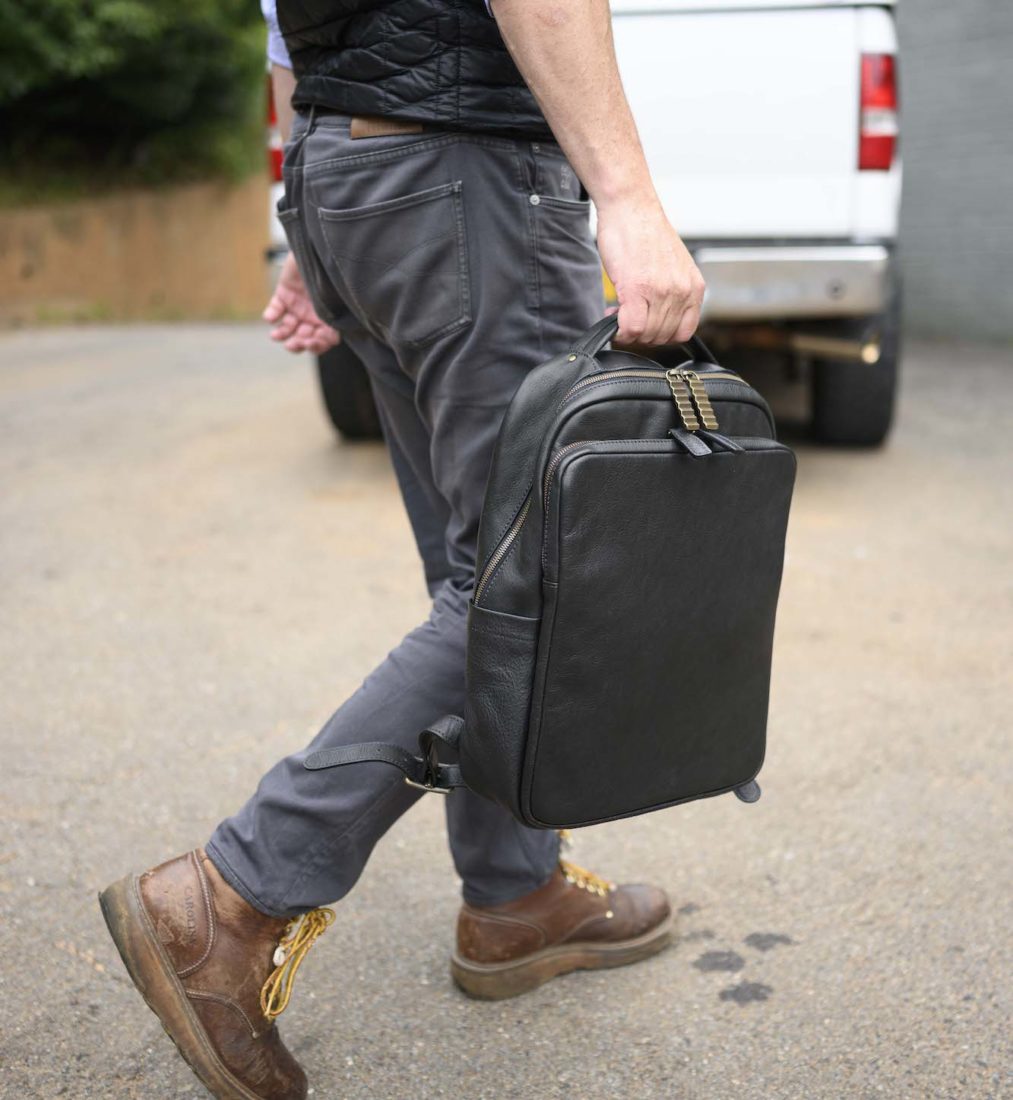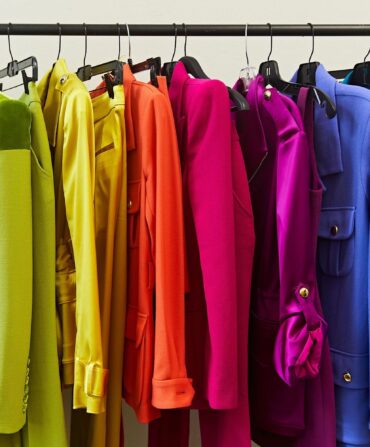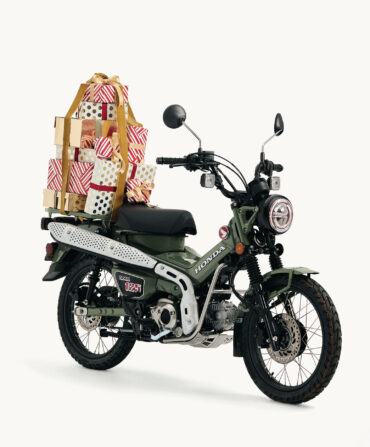As a native Virginian, I’ve always felt proud of the beautiful leather goods that emerge out of a small town like Lynchburg, from the folks at Moore & Giles. I grew up not too far down Highway 29 from the headquarters of the company, which opened in 1933, and while traveling as Garden & Gun’s style director, if I happen to sit on a piece of leather furniture in a showroom or shop (or hotel or bar), I often inquire if it’s by Moore & Giles. More often than not, the answer is yes, and I love it whenever I spot this little bit of my home state out in the wild.
Now a new sustainable collection that their team launched post-pandemic, Seven Hills, is giving me another reason to admire them. I examined the pieces in person last week, on a whirlwind trip to High Point Furniture Market, and learned that the new bags and accessories project began percolating in 2019, when the owners of Lynchburg’s Seven Hills Food Company came to Moore & Giles with hides that were left over from meat processing—the abattoir prepares cuts from local cattle farms for the region’s restaurants. Hides that would have otherwise headed to the landfill.
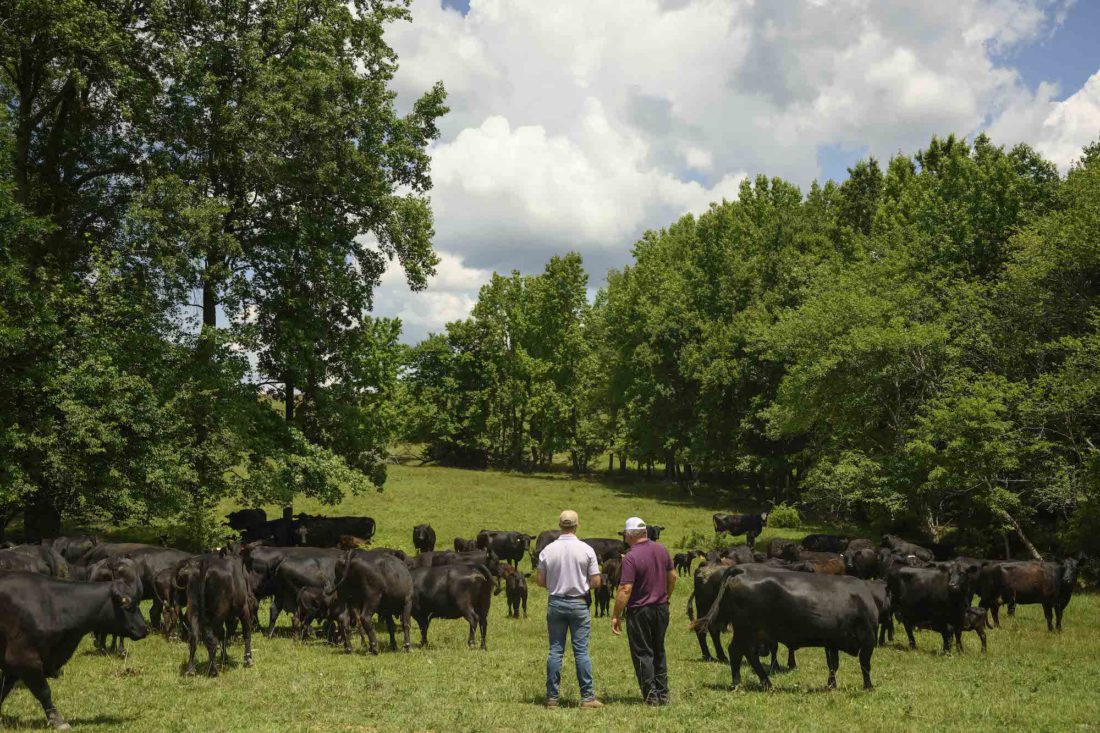
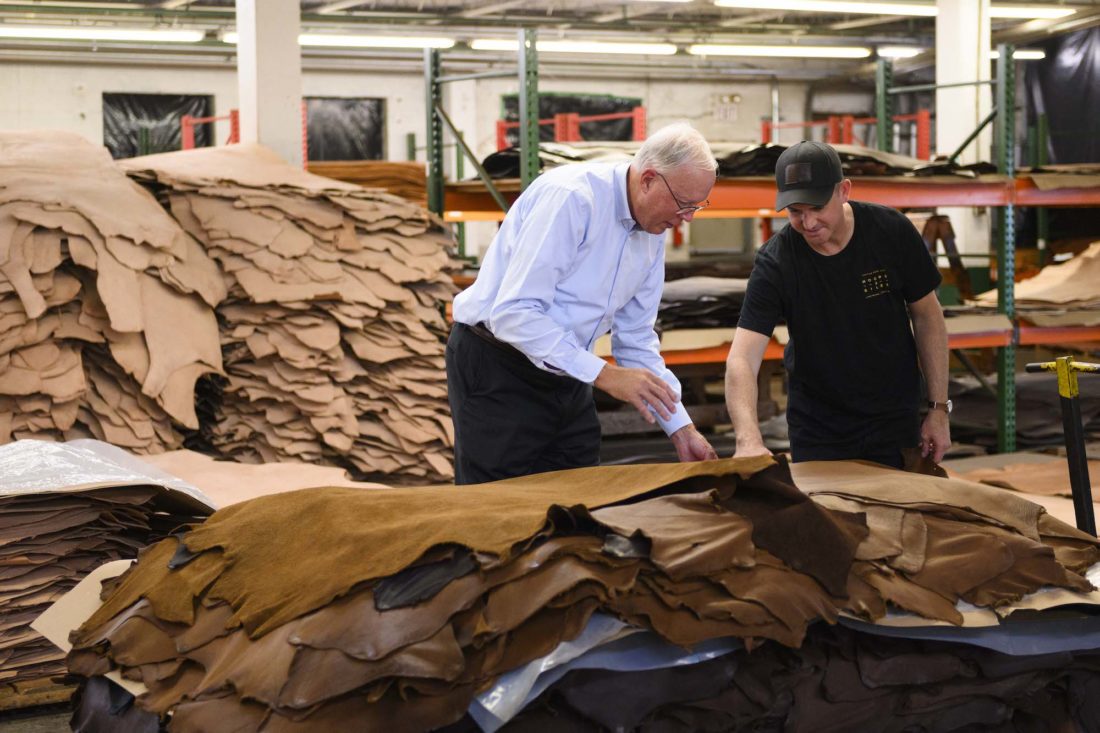
In a true Southern waste-not-want-not moment, the two businesses decided to partner with one of the oldest tanneries in the United States, Hermann Oak Leather in St. Louis, Missouri, to put these by-products to good use. “Hermann Oak was founded in 1881 and is still under the ownership of the Hermann family,” says Sackett Wood, the CEO of Moore & Giles. “They are a traditional vegetable tannery that employs this original (and ancient) form of tanning.” That means the collaboration is even more eco-friendly—vegetable tanning doesn’t employ industrial chemical solvents and instead relies on tannins from tree bark.
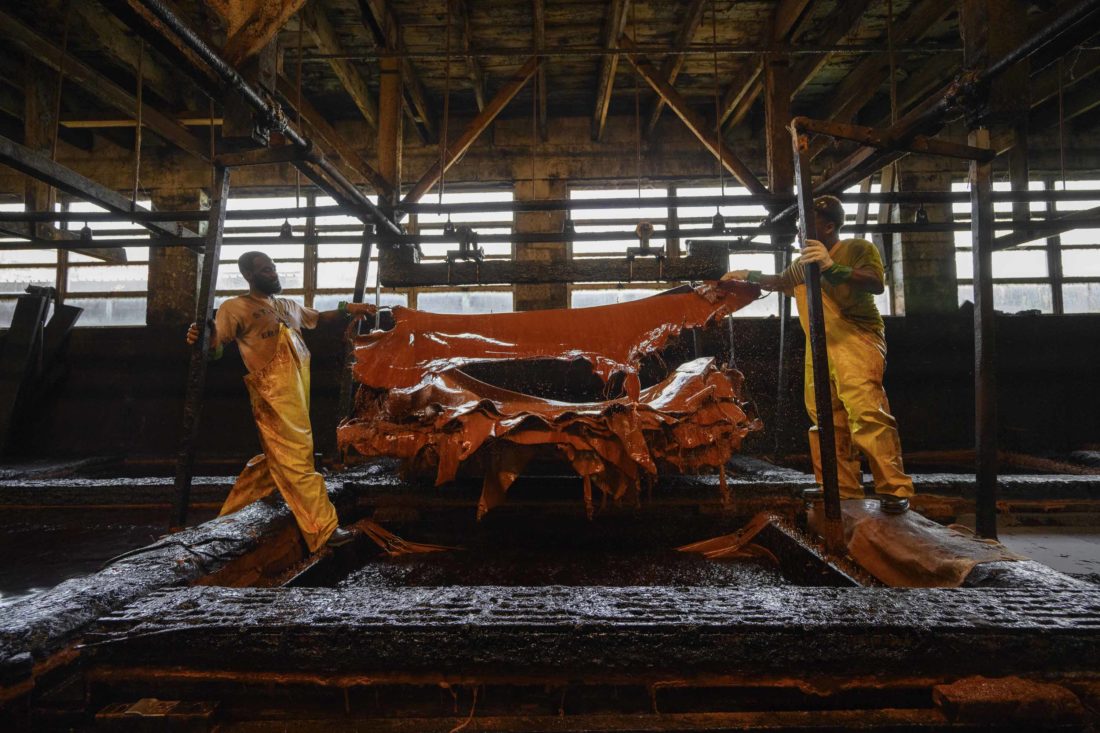
Exactly one pandemic and hundreds of reclaimed hides later, the collection launched in 2021 and to date features fifteen pieces, with more on the horizon. Moore & Giles also offers the sustainable leathers for made-to-order furniture pieces. “I think that being able to trace all these hides back to local farms in Virginia highlights the fact that we want to create a purpose and use for every hide and that every hide has value and should be used,” Wood says.



